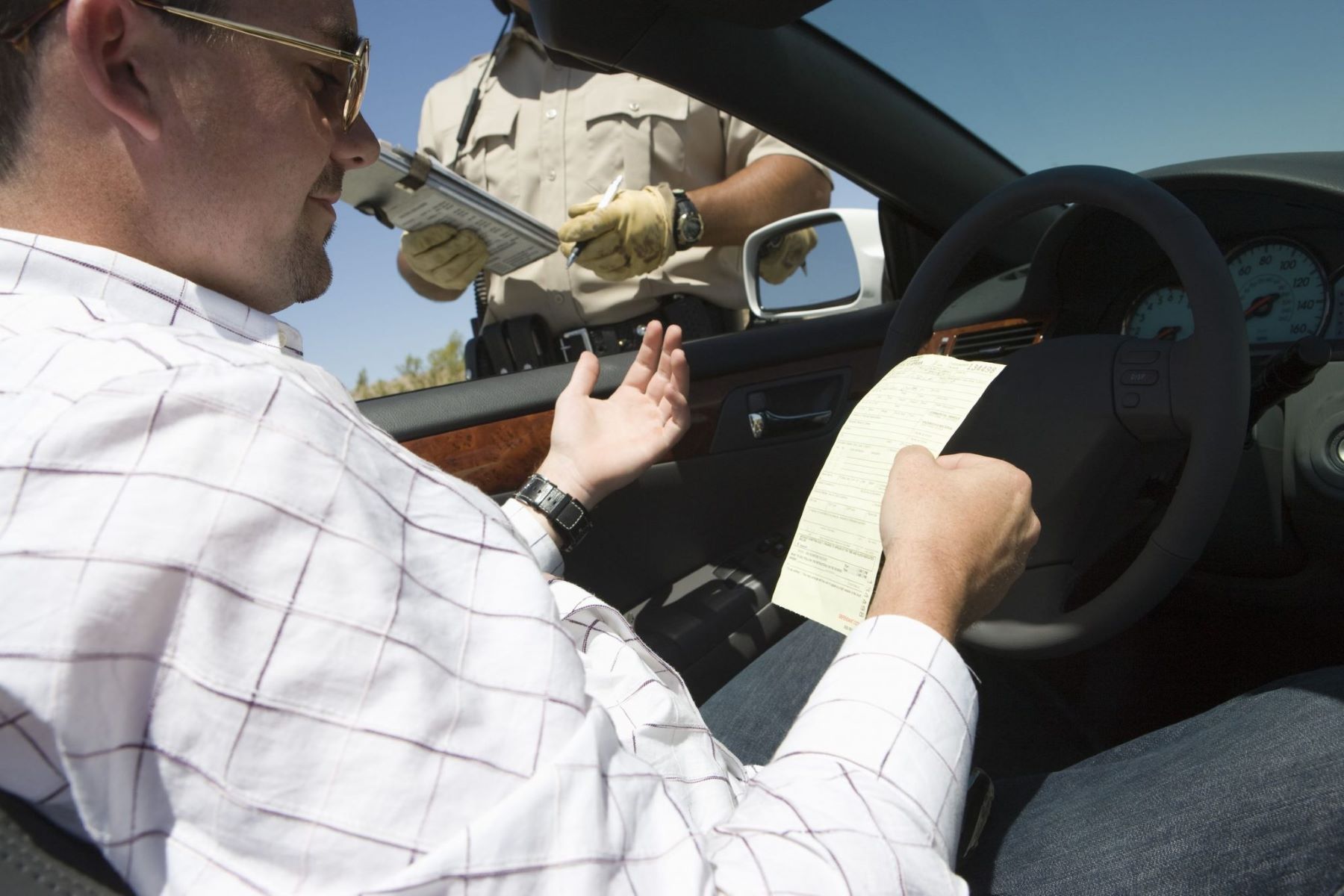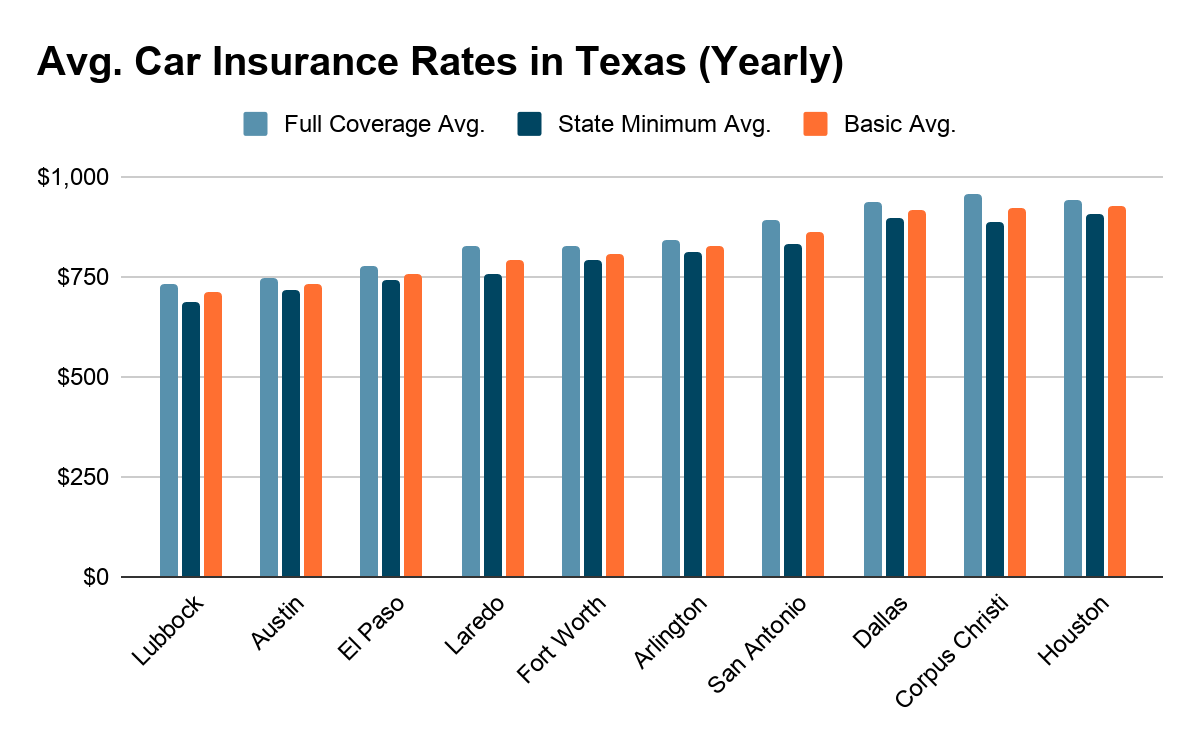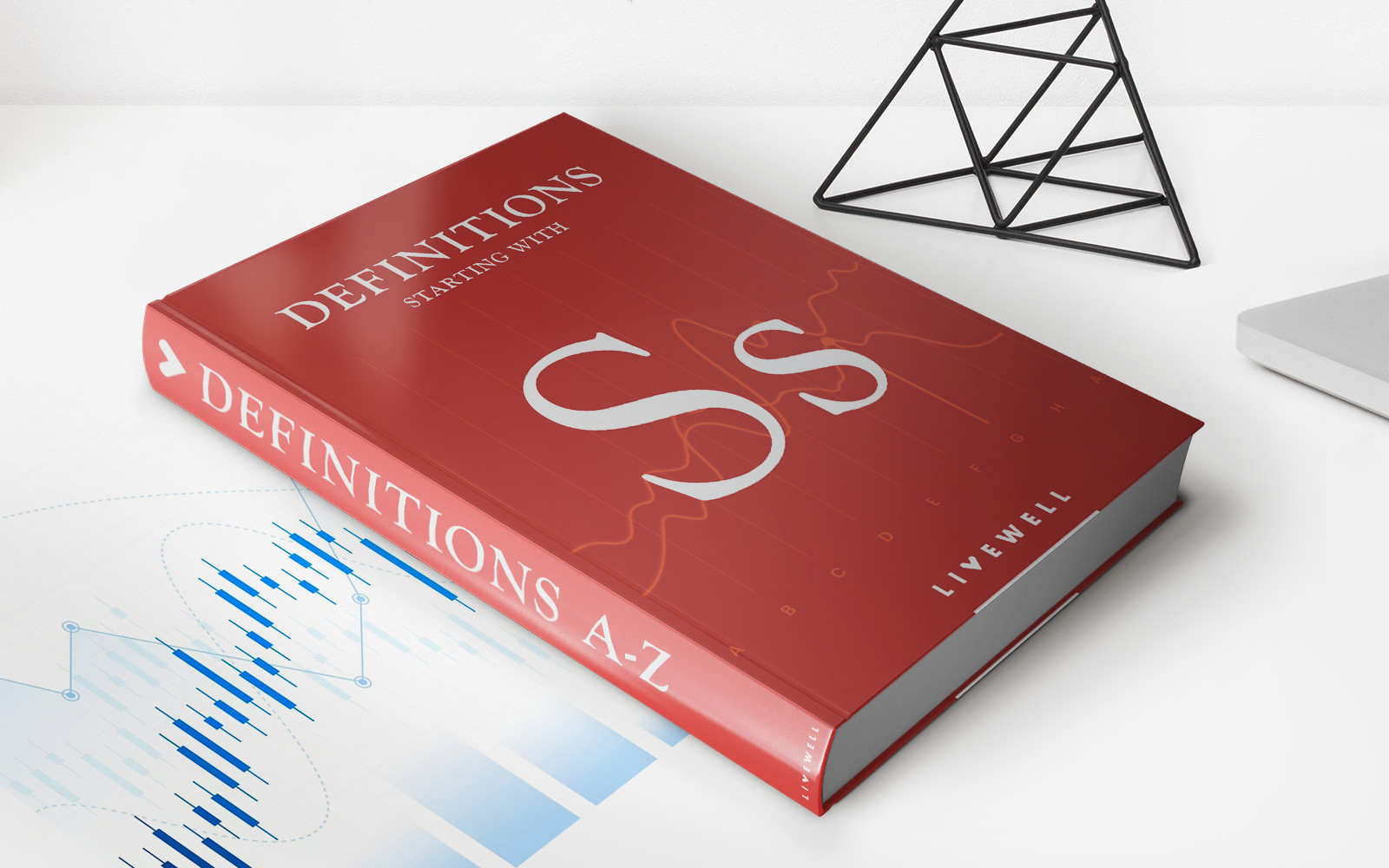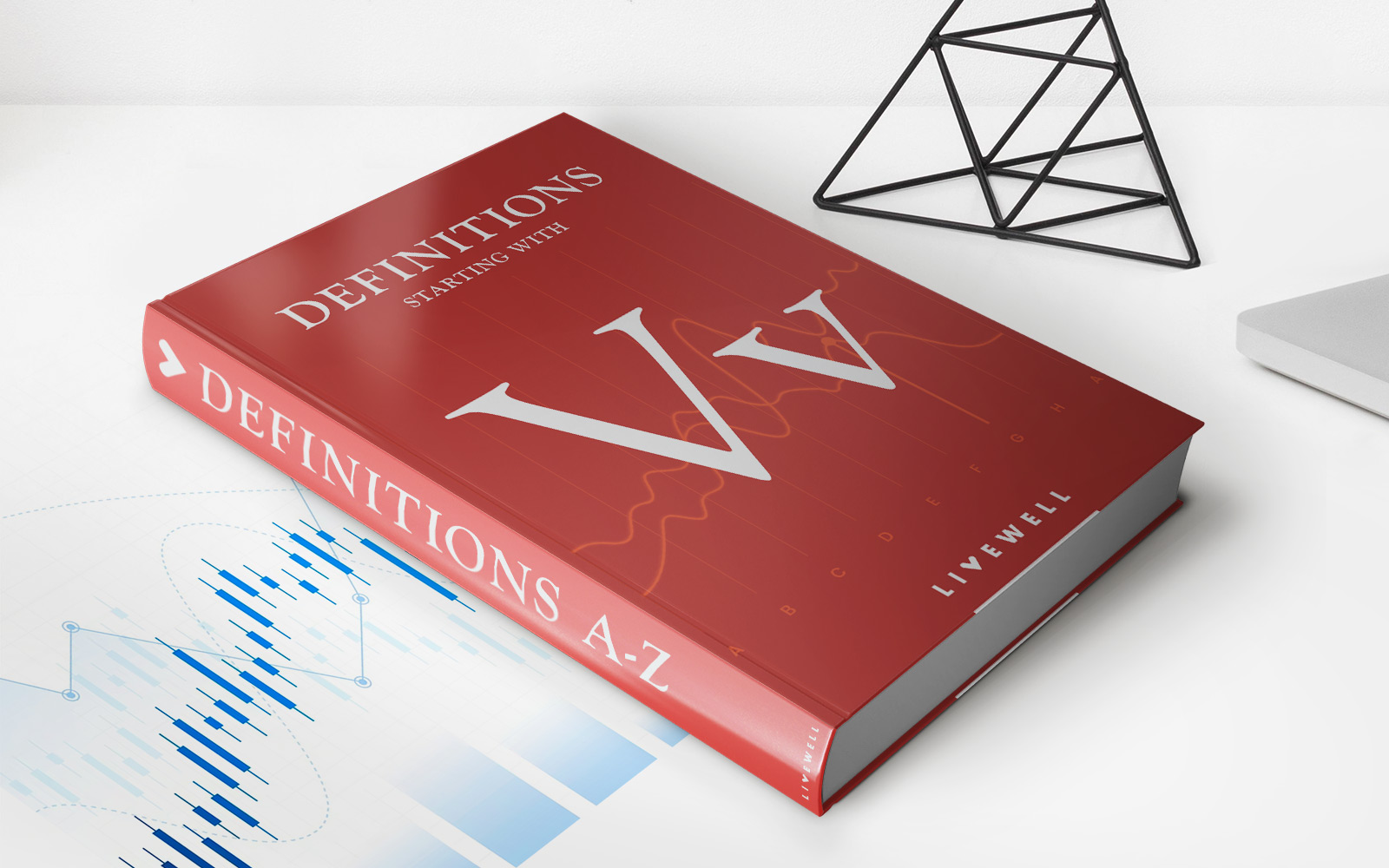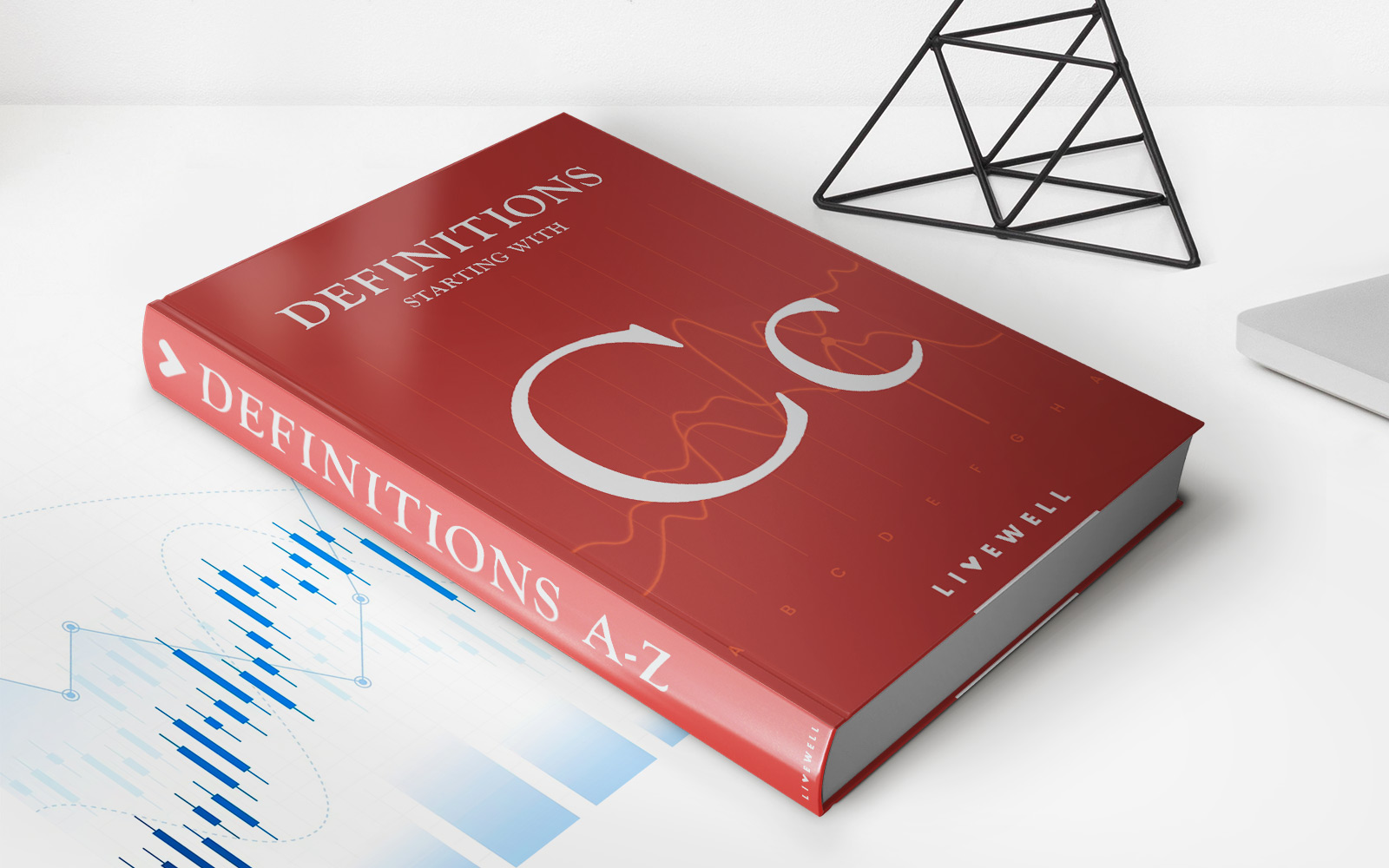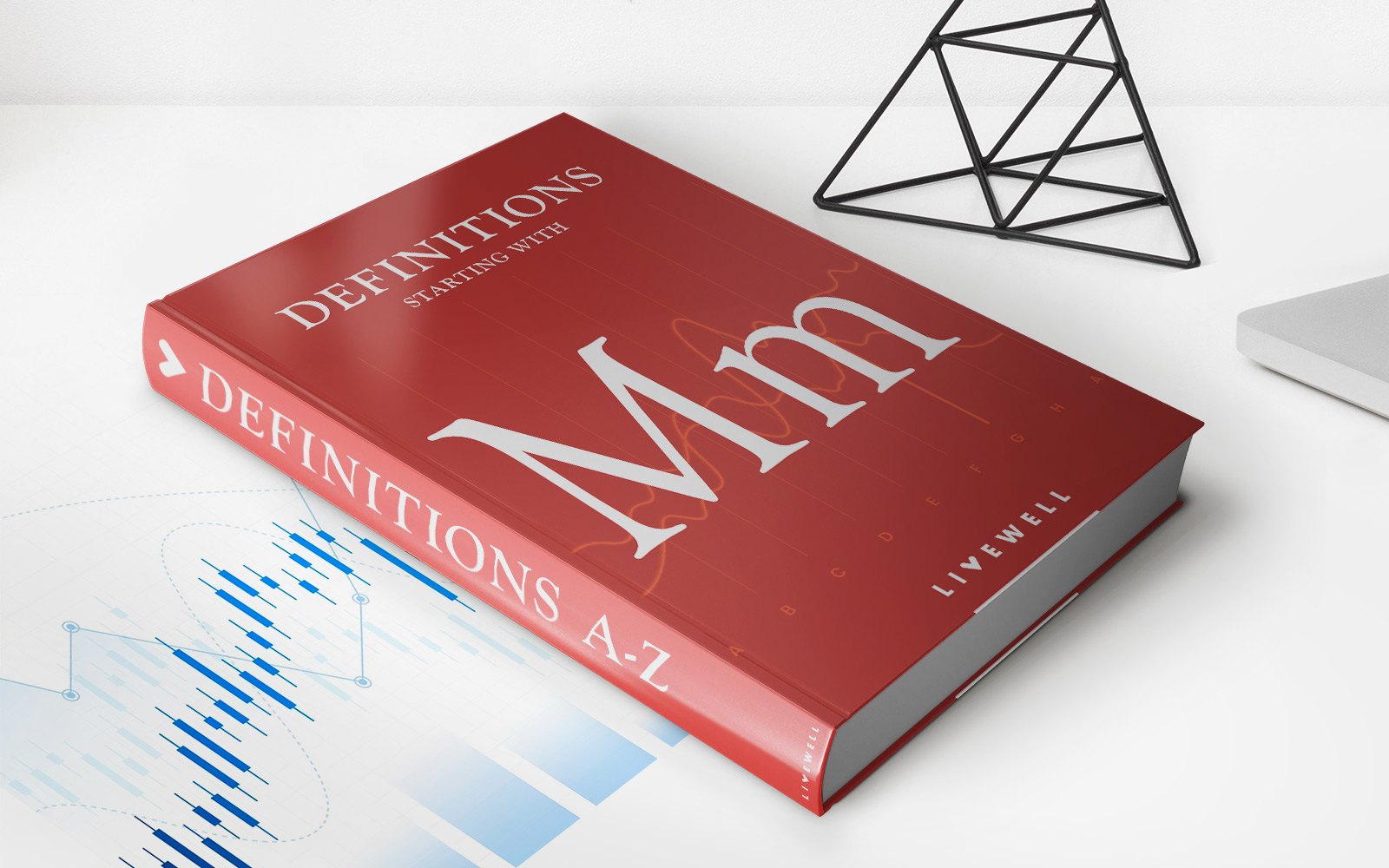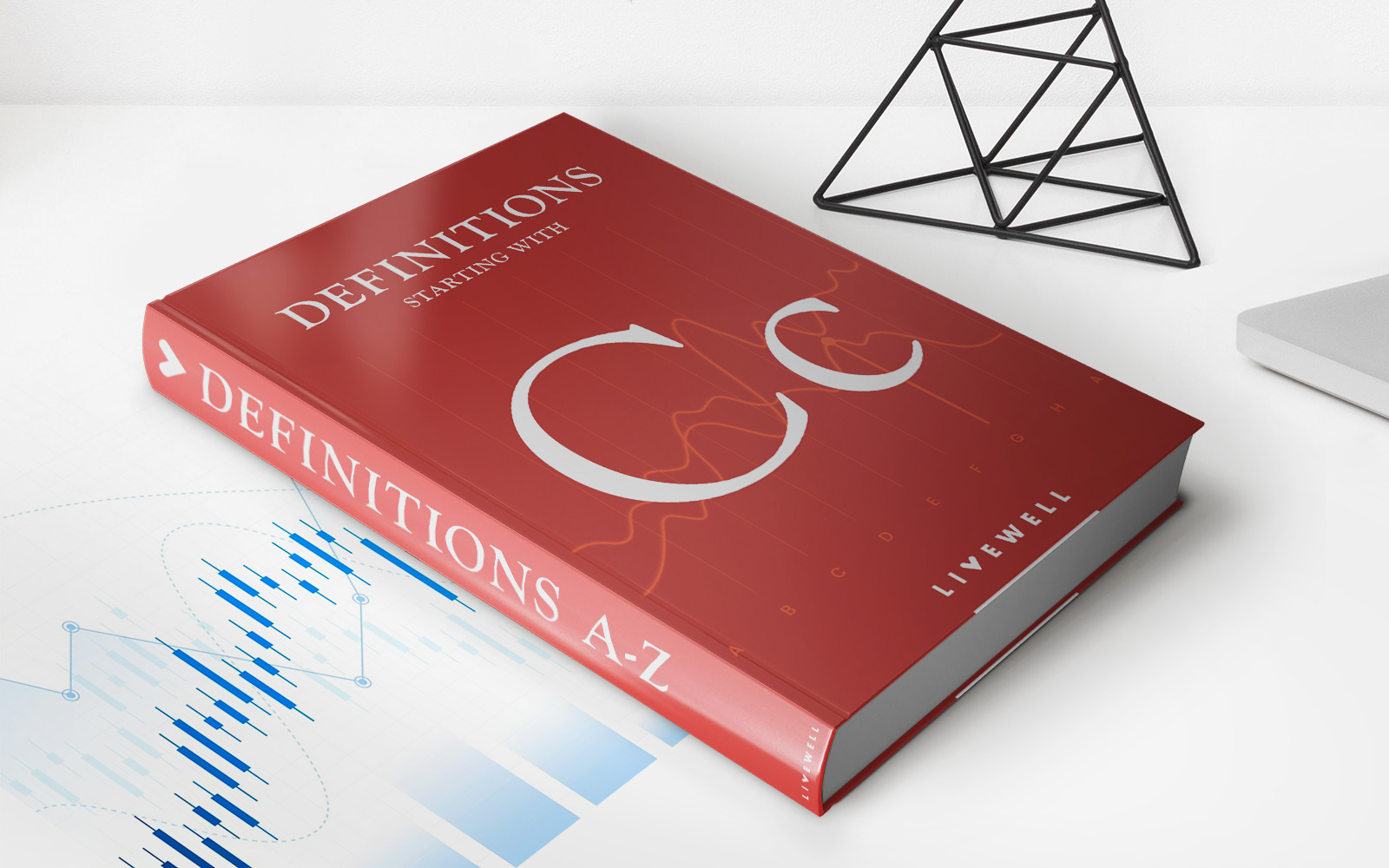Home>Finance>How Much Does A Texting While Driving Ticket Increase Auto Insurance Premiums


Finance
How Much Does A Texting While Driving Ticket Increase Auto Insurance Premiums
Published: October 6, 2023
Find out how much a texting while driving ticket can increase your auto insurance premiums. Get expert advice on managing your finances and avoiding unnecessary expenses.
(Many of the links in this article redirect to a specific reviewed product. Your purchase of these products through affiliate links helps to generate commission for LiveWell, at no extra cost. Learn more)
Table of Contents
Introduction
Welcome to our comprehensive guide on the impact of texting while driving tickets on auto insurance premiums. As technology has become an integral part of our daily lives, the temptation to use our smartphones while behind the wheel has significantly increased. However, this dangerous behavior poses a serious risk to ourselves and others on the road.
In this article, we will delve into the consequences of receiving a texting while driving ticket and how it can affect your auto insurance premiums. We will explore the various factors that determine insurance rates and analyze how these violations can result in substantial increases in your premiums.
Understanding the correlation between texting while driving tickets and auto insurance premiums is crucial – not only to be aware of the financial repercussions but also to emphasize the importance of safe and responsible driving. By grasping the impact of these violations, we hope to encourage drivers to prioritize safety over distractions and contribute to a safer driving environment.
Throughout this guide, we will provide you with real-life case studies, expert insights, and actionable tips to help you navigate the complex world of auto insurance premiums. Whether you have already received a texting while driving ticket or are aiming to prevent one, this article will equip you with the necessary knowledge to make informed decisions and potentially save on your insurance costs.
So, let’s dive in and uncover the influence of texting while driving tickets on auto insurance premiums, and discover practical strategies to avoid these violations and ensure the safety of yourself and others on the road.
Understanding Texting While Driving Tickets
Texting while driving is a dangerous behavior that involves composing, sending, or reading text messages or other electronic communications while operating a motor vehicle. This distraction diverts the driver’s attention away from the road and significantly increases the risk of accidents, injuries, and even fatalities.
Texting while driving is considered a serious offense in most jurisdictions, and law enforcement agencies are cracking down on this hazardous behavior. The penalties for texting while driving can vary depending on the location, but they typically include hefty fines, license points, mandatory driver education programs, and even license suspension in severe cases.
It is important to note that texting while driving encompasses not only texting but also the use of any electronic device, such as emailing, browsing social media, or using apps. Any activity that takes your focus away from driving can be detrimental.
Law enforcement officers have various methods to identify drivers who are texting while driving. These can include observing drivers holding their mobile devices, erratic driving behavior, or even using specialized technology to detect electronic device usage.
It is crucial for drivers to understand the seriousness of texting while driving and the potential consequences. Not only does it put your life at risk, but it also endangers the lives of pedestrians, other drivers, and passengers.
By being aware of the dangers and legal ramifications of texting while driving, you can make a conscious effort to prioritize safety and avoid engaging in this risky behavior. Remember, no text message or notification is worth risking your life or the lives of others on the road.
Factors that Determine Auto Insurance Premiums
Auto insurance premiums are calculated based on a variety of factors that assess the level of risk a driver poses to the insurance company. These factors help insurers determine the likelihood of a claim being filed and the potential cost of that claim. Understanding these elements can provide insight into how texting while driving tickets can impact your auto insurance premiums.
Here are some key factors that insurers take into account when determining auto insurance premiums:
- Driving record: One of the most significant factors that insurers consider is your driving record. Traffic violations, such as texting while driving, can reflect poorly on your record and indicate a higher risk for accidents. Insurance companies typically view drivers with a history of violations as more likely to file claims, leading to higher premiums.
- Age and experience: Younger, inexperienced drivers generally face higher insurance premiums due to their heightened risk of accidents. Texting while driving infractions can exacerbate this risk, leading to even higher premiums for younger drivers.
- Location: The area where you live can also impact your insurance rates. If you reside in an area with high traffic congestion or a high number of accidents, your premiums may be higher. Additionally, certain states have stricter penalties for texting while driving, which can further impact your insurance costs.
- Type of vehicle: Insurers consider the make, model, year, and safety features of your vehicle when determining premiums. Some cars are more prone to theft or have higher repair costs, which can increase insurance rates. Additionally, vehicles with advanced safety features may be eligible for discounts.
- Annual mileage: The number of miles you drive each year can impact your insurance premiums. Insurers often consider frequent or long-distance drivers to be at a higher risk for accidents, leading to higher premiums.
- Credit history: In some states, insurers may consider your credit score when calculating premiums. A poor credit history can indicate a higher likelihood of filing insurance claims, resulting in higher rates.
It is essential to note that not all insurance companies weigh these factors equally, and the specific weight assigned to each factor may differ from one insurer to another. However, it is generally accepted that a poor driving record, including texting while driving violations, can have a significant impact on your auto insurance premiums.
Now that we have outlined the key factors that determine auto insurance premiums, let’s explore how texting while driving tickets can affect these premiums and potentially result in increased costs.
Impact of Texting While Driving Tickets on Auto Insurance Premiums
Receiving a texting while driving ticket can have a substantial impact on auto insurance premiums. Insurance companies view this violation as a sign of risky behavior and increased likelihood of accidents, prompting them to adjust your premiums accordingly. Let’s explore the potential impacts in more detail:
1. Premium increases: Texting while driving tickets can result in significant premium increases. Insurance companies consider these violations as evidence of unsafe driving practices, leading to a higher risk of accidents. As a result, they may raise your premiums to reflect this increased risk.
2. Loss of discounts: If you had previously qualified for any safe driver discounts or other similar incentives, a texting while driving ticket can cause you to lose these discounts. This loss can further contribute to higher overall premiums.
3. Long-term effects: The impact of a texting while driving ticket on your premiums is not only immediate but can last for several years. Insurance companies typically review your driving record over a specific time period, which can range from three to five years. During this time, the violation can continue to affect your premiums, making it even more crucial to prioritize safe driving practices.
4. Risk classification: Texting while driving tickets can also result in a change in your risk classification, moving you from a low-risk driver to a higher-risk category. This reclassification can further increase your premiums and make it harder to find affordable insurance coverage.
5. Impact on future coverage: A texting while driving ticket can also have implications for future insurance coverage. Some insurance companies may view multiple violations, including texting while driving, as a higher risk and could potentially refuse to renew your policy. In such cases, finding new coverage may be more challenging and costly.
It is important to remember that each insurance company has its own policies and practices when it comes to assessing the impact of texting while driving tickets on premiums. Some may be more lenient while others have stricter guidelines. Nevertheless, it is safe to say that receiving a texting while driving ticket can result in increased premiums and other negative consequences.
Now that we have examined the potential impact on your auto insurance premiums, let’s dive into case studies that demonstrate the real-world implications of texting while driving tickets on insurance costs.
Case Studies on Increased Auto Insurance Premiums
Real-life case studies can provide valuable insights into how texting while driving tickets can impact auto insurance premiums. Let’s take a look at a few examples that illustrate the potential consequences:
Case Study 1:
John is a 25-year-old driver with a clean driving record. However, he was recently caught texting while driving and received a ticket. Before the violation, John paid an average annual premium of $1,200 for his auto insurance. Following the ticket, his premium increased by 20% to $1,440 per year. This increase in premiums may seem significant, especially for a young driver who may already face higher insurance costs.
Case Study 2:
Sarah is a middle-aged driver with a history of safe driving and no previous violations. Unfortunately, she was also caught texting while driving and received a ticket. As a result, her insurance premium increased by 15%, from $800 to $920 annually. While not as dramatic as in Case Study 1, Sarah still experienced a noticeable increase in her premiums due to the violation.
Case Study 3:
Michael is a 19-year-old driver who had already been paying high insurance premiums because of his age and limited driving experience. When he received a texting while driving ticket, his premium increased by a staggering 40%, from $2,500 to $3,500 per year. This substantial increase can significantly impact a young driver’s ability to afford auto insurance, making it crucial for young drivers to prioritize safe driving habits.
These case studies highlight the potential repercussions of texting while driving tickets on auto insurance premiums. While the specific impact can vary depending on individual circumstances and insurance companies, it is clear that these violations can result in significant increases in insurance costs.
Now that we understand the potential impact on insurance premiums, let’s explore some tips for avoiding texting while driving tickets and maintaining affordable insurance coverage.
Tips for Avoiding Texting While Driving Tickets
Preventing texting while driving tickets is not only crucial for avoiding the associated increases in auto insurance premiums, but also for promoting road safety and reducing the risk of accidents. Here are some effective tips to help you avoid texting while driving:
- Turn on Do Not Disturb: Utilize the Do Not Disturb feature on your smartphone while driving to avoid distractions from incoming calls, messages, and notifications.
- Use a phone mount: Invest in a phone mount to securely attach your device to the dashboard or windshield. This allows you to easily view navigation apps or receive important calls without taking your hands off the wheel.
- Share your location: Inform friends, family, or colleagues of your driving schedule, so they know not to expect immediate responses from you. This reduces the pressure to check and respond to messages while on the road.
- Utilize voice commands or hands-free devices: If you need to make a call or send a message, use voice commands or hands-free devices to perform these actions safely.
- Designate a texter: If you are traveling with passengers, designate a passenger to handle any necessary texting or use of electronic devices on your behalf.
- Pull over safely: If you must respond to a message urgently, find a safe place to pull over, such as a parking lot or rest area, before engaging with your device.
- Download driving safety apps: There are various apps available that can limit distractions and block incoming messages while you are driving. Consider downloading and using these apps to help reinforce safe driving habits.
By implementing these tips, you can significantly reduce the temptation to check your phone while driving, thereby avoiding potential texting while driving tickets and the subsequent impact on your auto insurance premiums.
Remember, the importance of safe driving extends beyond the avoidance of penalties and insurance premium increases. It is about protecting yourself, your passengers, and other road users. Stay focused on the road and prioritize safety at all times.
Let’s now conclude our guide on the impact of texting while driving tickets on auto insurance premiums.
Conclusion
Texting while driving is a dangerous behavior that not only poses a risk to your safety but can also have significant financial consequences. By understanding the impact of texting while driving tickets on auto insurance premiums, you can make informed decisions and take steps to avoid these violations.
Factors such as your driving record, location, age, and type of vehicle all play a role in determining your auto insurance premiums. Texting while driving tickets can result in premium increases, loss of discounts, and a change in risk classification. The effects can be long-term and even impact future insurance coverage.
Real-life case studies have demonstrated the potential magnitude of the impact, with drivers experiencing significant increases in their premiums following texting while driving tickets. These increases can create financial challenges, particularly for young and inexperienced drivers.
To avoid texting while driving tickets, it is essential to prioritize safe driving practices. Utilize tools such as Do Not Disturb mode, phone mounts, and voice commands to minimize distractions. Share your driving schedule with others, designate a texter when traveling with passengers, and pull over safely if you need to respond to messages urgently.
Safe driving habits not only help you avoid legal penalties and insurance premium increases but also contribute to a safer driving environment for everyone on the road. Remember, no text message or notification is worth jeopardizing lives.
By implementing these tips and remaining vigilant, you can reduce the risk of texting while driving violations and maintain affordable auto insurance coverage.
Thank you for taking the time to read our comprehensive guide. Stay safe on the road and make responsible choices behind the wheel.
